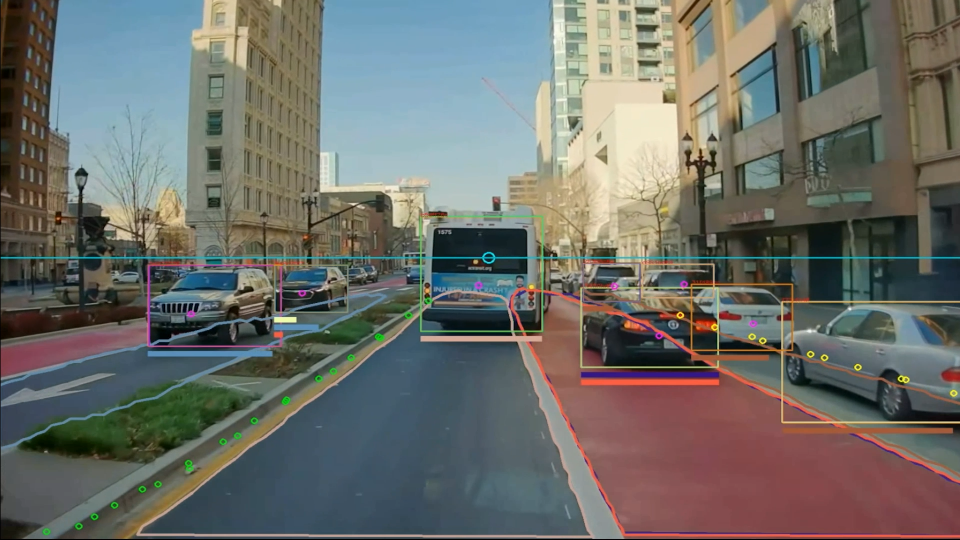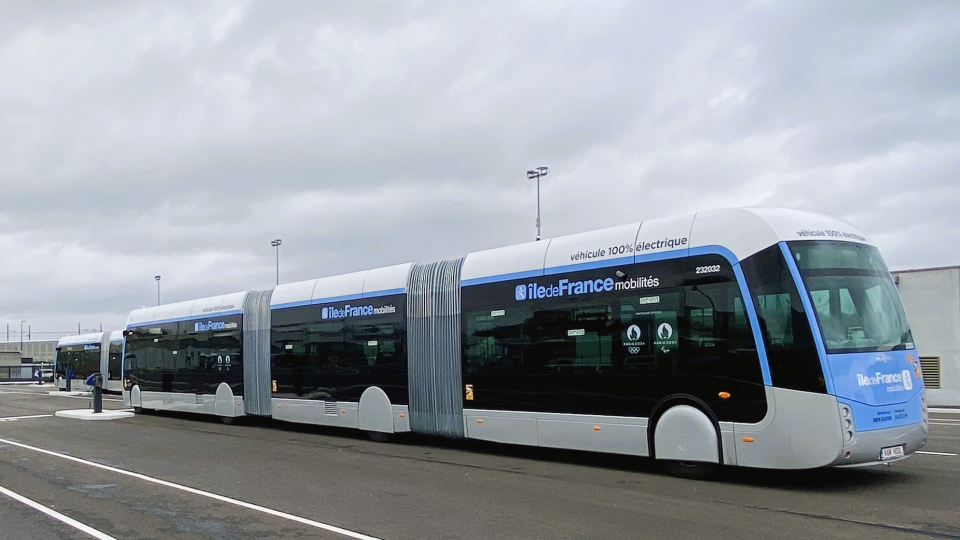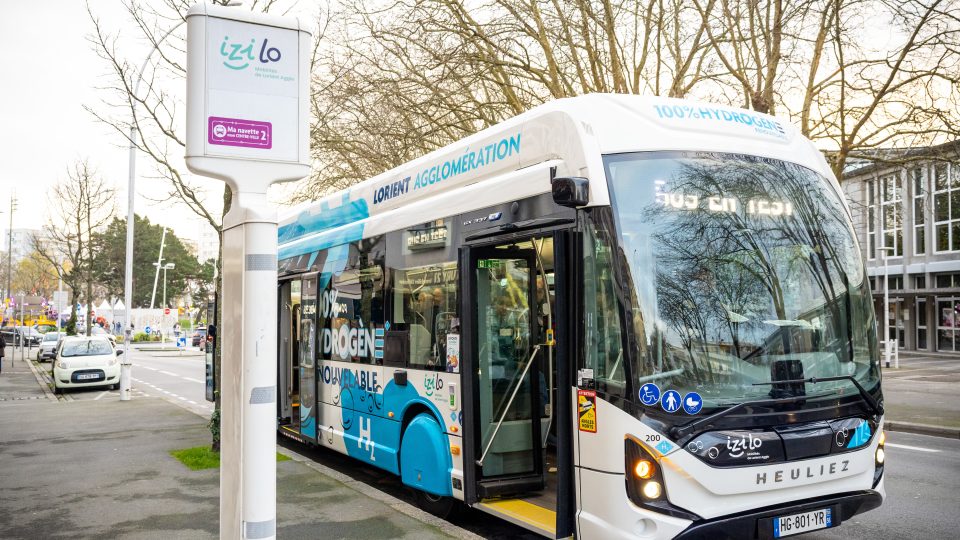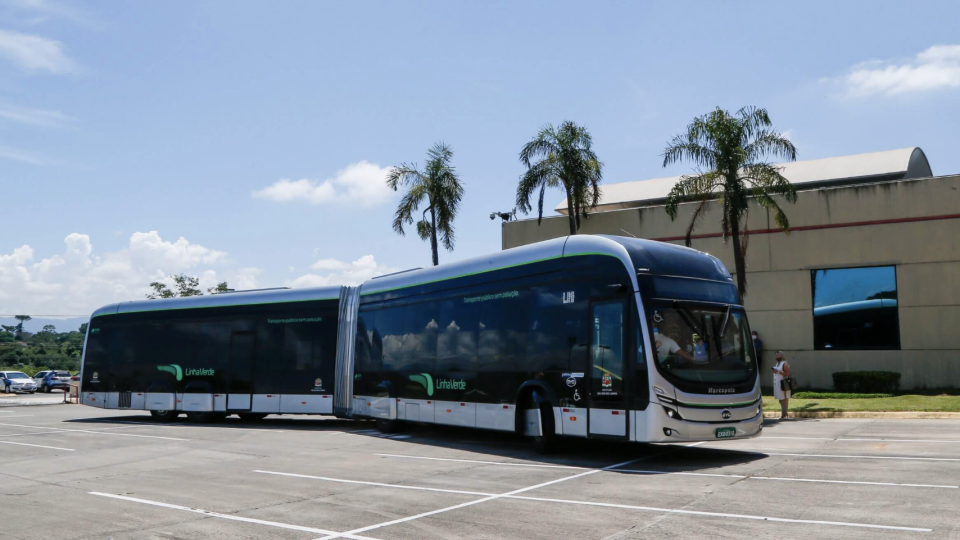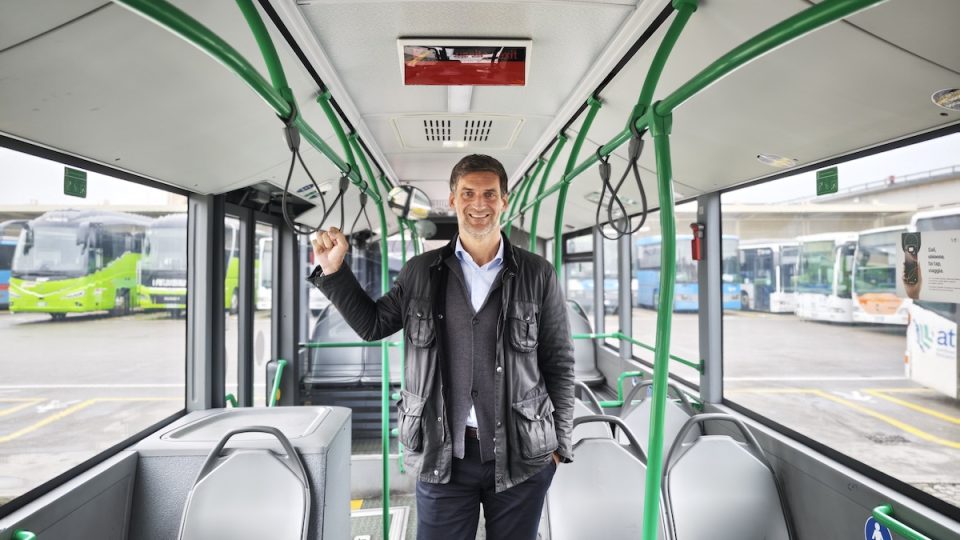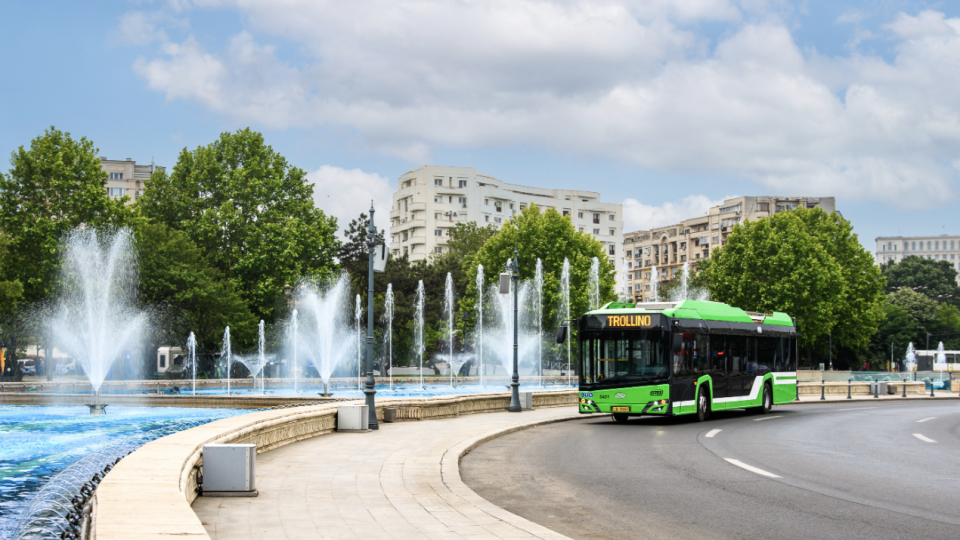Australian Volgren rolls out first hydrogen bus based on Wrightbus chassis technology
Australian bus bodybuilder Volgren is rolling out of production a first hydrogen-powered bus model manufactured in cooperation with Northern Irish bus manufacturer Wrightbus. Back in 2019, Volgren announced launch of its first battery-electric on BYD chassis. The deal with Wrightbus for fuel cell bus manufacturing in Australia dates back to May 2022. With over 150 […]
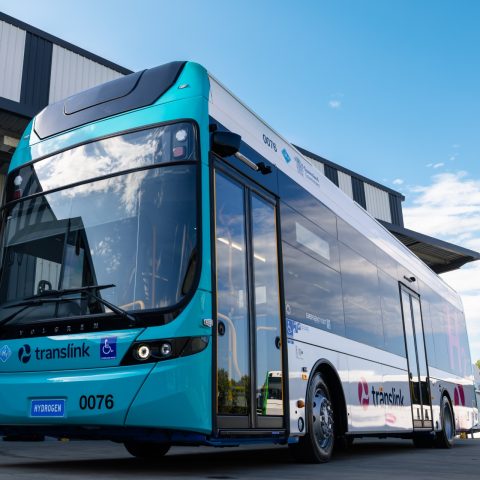
Australian bus bodybuilder Volgren is rolling out of production a first hydrogen-powered bus model manufactured in cooperation with Northern Irish bus manufacturer Wrightbus.
Back in 2019, Volgren announced launch of its first battery-electric on BYD chassis. The deal with Wrightbus for fuel cell bus manufacturing in Australia dates back to May 2022.
With over 150 zero-emission buses already in operation, spanning six variants of both battery-electric and fuel-cell technologies, this hydrogen-powered bus represents the latest addition in Volgren’s offer.
A second hydrogen bus is already in production and will be delivered to the customer in the coming months, Volgren says.
Volgren hydrogen bus, with Wrightbus
Within this project, Wrightbus has supplied the hydrogen fuel cell chassis technology for the buses, marking the first time its advanced powertrain technology has been used by an Australian manufacturer.
Thiago Deiro, CEO of Volgren, states: “We are incredibly proud to lead the way in zero-emission transport solutions here in Australia. The development of this hydrogen-powered bus, in partnership with Wrightbus, showcases how our focus on innovation can contribute to more sustainable public transport systems. This project demonstrates the strength of Australia’s local manufacturing sector and the value of collaboration. Working with Wrightbus has allowed us to produce a hydrogen bus that not only sets new standards in sustainability but also contributes to the local economy through job creation and skills development.”
Wrightbus CEO Jean-Marc Gales said: “This is a significant partnership for Wrightbus as it’s the first time we’ve exported our powertrain technology to a bus body manufacturer and it’s the first time we’ve entered the Australian market. Like Wrightbus, Volgren is an industry leader with innovation at its heart. We’re proud to be working alongside them on this pilot project to utilise hydrogen to help decarbonise the public transport system in Australia. Wrightbus is now an established global brand, with bus orders in Germany and across Europe, and growing factory base in Malaysia. Our reach is now even further afield thanks to this deal, and we see this as just the start of our plans for Australia, where we hope to eventually offer customers our full range of zero emission buses”.

